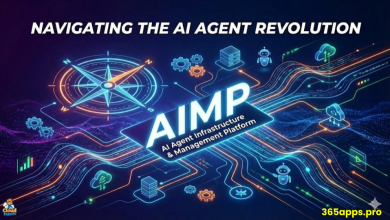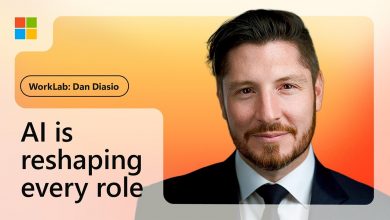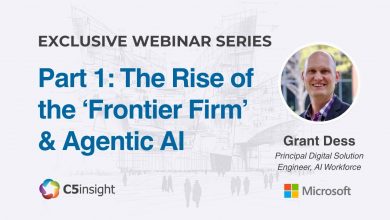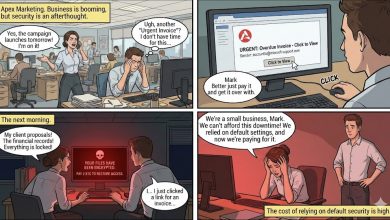Scott Galloway & Microsoft’s Chief Scientist Jaime Teevan, on AI and the Future of Work
Will agents take our jobs? How do college grads climb the ladder? Scott & Jaime Teevan dig into the gritty truth of AI's impact on the future of work.
 Jaime Teevan, Microsoft’s Chief Scientist and Technical Fellow, envisions a future where AI fundamentally transforms the workplace by enhancing human productivity, creativity, and collaboration, rather than replacing human roles.
Jaime Teevan, Microsoft’s Chief Scientist and Technical Fellow, envisions a future where AI fundamentally transforms the workplace by enhancing human productivity, creativity, and collaboration, rather than replacing human roles.
With her extensive background in productivity, human-computer interaction, and personalized search, she sees AI as a collaborative partner that augments human capabilities.
Recognized by TIME as one of the 100 most influential people in AI in 2023, Teevan continues to shape Microsoft’s AI strategy, embedding tools like Copilot into Word, Excel, and Teams to empower workers and unlock new possibilities.
AI Powered Collaboration
Teevan emphasizes that AI’s real potential lies in fostering better team collaboration, opening new dimensions of creativity, and enabling workers to engage in more meaningful aspects of their roles.
Tools like Microsoft 365 Copilot, which she helped develop, shift the nature of work from repetitive tasks—such as generating reports or summarizing meetings—to higher-order thinking like strategic decision-making and critical synthesis.
Central to Teevan’s vision is the conversational power of large language models, which allow for more natural and nuanced interactions with technology compared to traditional systems. This shift enables workers to communicate with AI in ways that mirror human dialogue, transforming how knowledge is captured and shared. She predicts a fundamental change in knowledge production, where AI’s ability to rapidly gather and process information redefines how organizations learn and make decisions.
Teevan stresses the importance of intentional approaches to these processes, asking questions like, “What makes a conversation useful?” and “How do we reflect on conversations afterward?” to ensure AI enhances organizational outcomes.
Teevan’s pioneering work on ‘microproductivity; also shapes her perspective, advocating for breaking complex tasks into smaller, manageable cognitive units to improve focus and efficiency. AI can handle these microtasks, allowing humans to concentrate on guiding outcomes and evaluating results.
Evolving Digital Workplace
This approach aligns with her leadership in Microsoft’s Future of Work initiative, where her research on post-COVID work practices informed innovations like improved support for hybrid meetings and AI integration into Microsoft products. She sees AI as essential for adapting to evolving work environments, enabling flexibility in hybrid and remote settings, and supporting new ways of working.
In Teevan’s view, the AI-driven workplace requires evolving skill sets, such as prompt engineering, critical synthesis, and strategic delegation. Success hinges on partnering effectively with AI, particularly in collaborative settings, though she acknowledges the risk of cognitive offloading, where over-reliance on AI could dull critical thinking.
To counter this, she advocates for a balance where humans remain active partners. Teevan also envisions a future where AI proactively prompts users, acting as “clarifiers and conversation catalysts” to reduce the burden of crafting perfect prompts and making AI more accessible to non-experts.
Looking ahead, Teevan compares the current AI era to the early days of electricity in factories, suggesting that its full potential will unfold over decades. She dismisses fears of mass job displacement, arguing that AI transforms work by augmenting human roles. Thoughtful integration, she believes, is key to realizing these benefits, requiring business leaders to adopt a scientist’s mindset—experimenting and adapting workflows, processes, and even compensation models to maximize AI’s impact, particularly in innovative “Frontier Firms.”
At the core of her vision is a human-centric focus, emphasizing that AI should enhance human strengths like creativity and collaboration. As she puts it, “what it means to be human is foundational, and that is not changing.”



